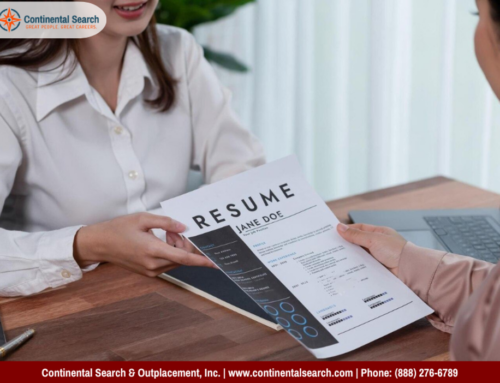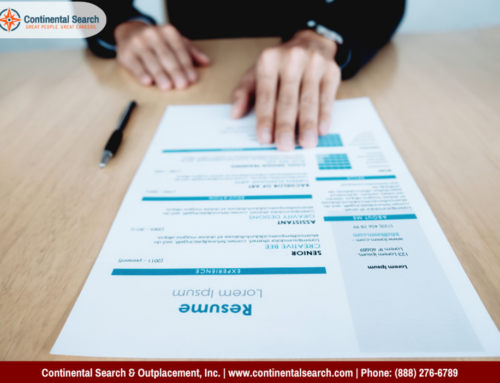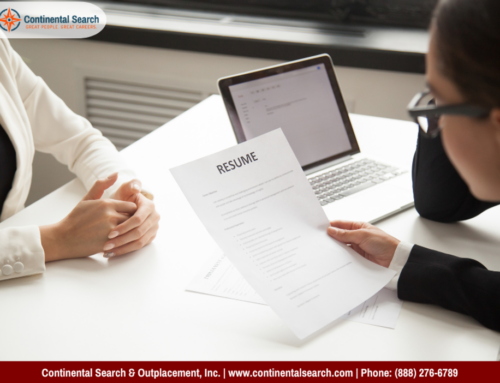(By Dan Simmons)
Let’s be honest—you can’t eliminate stress from your personal or professional life. It’s going to exist, in one form or another, whether good stress or bad stress. Most people don’t think of stress ever being a good thing, but there are many things in life that can still add elements of stress to our every day routine. Good stress could be a promotion that comes with more responsibilities attached to it.
Since we can’t shy away these things in life, it would be wise to formulate a plan for dealing with that stress and transforming it from a negative into a potential positive. How do you do that? By managing it effectively through the practice of certain techniques and building resiliency, you can learn to better handle situations as they come and prepare for certain stresses, versus just reacting to them.
Below are five strategies you can use to manage stress and build resilience in your professional life. All of them are geared—at least in part—with one objective in mind: to create balance. Stress often becomes a major problem when a huge imbalance exists. By eliminating or preventing that imbalance, you’re better able to cope with stress and move forward by building resiliency.
- Make discernable progress—Do something every day that helps you move forward. Track your progress somehow, if that impacts your outlook in a positive fashion.
- Take action steps—This strategy is intertwined with the one above. To move forward, you must take action, and you have to do so every day. That’s the only way to initiate progress.
- Shape a healthy perspective—You need confidence, a positive attitude, and a long-term outlook. Continue to cultivate these attributes on a daily basis. No problem is too big to overcome.
- Maintain an “even keel”—Nothing is ever as bad as it seems, and nothing is ever as good as it seems. Bring a balanced and measured approach to every situation. Sometimes being “even keel” means taking time for yourself from work and balancing your home and professional life priorities.
- Invest in human interaction—Connect with other people, both personally and professionally. The camaraderie and social networking will re-charge your batteries, and other people may provide additional tips for success.
You’ll be surprised at how resilient you’ll become (and feel) after practicing these strategies for just a short amount of time. You’ll be a more efficient leader and better at managing your expectations of situations that you simply cannot control. It’s a mindset, not an end goal. You can even enlist the help of an accountability partner or mentor to help you accomplish your goals. Because a little bit of resiliency . . . can go a long way.





